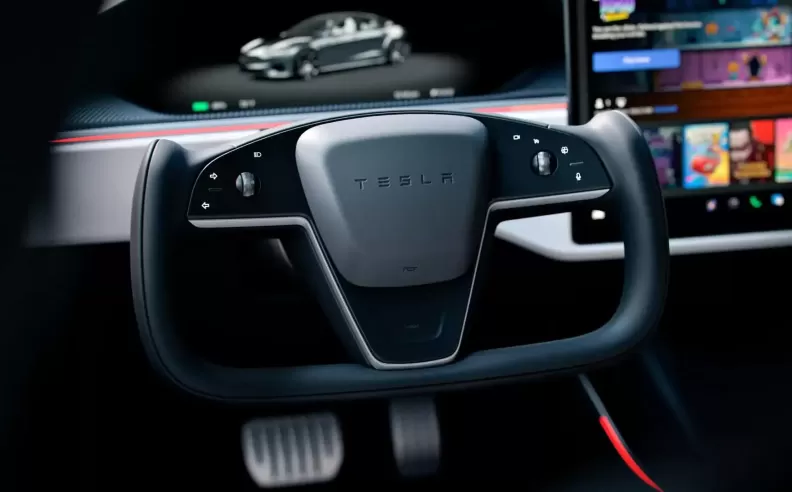As the automotive industry shifts toward electrification, stricter regulations, and evolving market demands, several beloved cars are disappearing from production. Some models are phased out due to low sales, while others fall victim to changing corporate strategies. Whether it’s a fan-favorite sports car or a practical sedan, saying goodbye to these vehicles is never easy.
So, which cars won’t make it past 2025? Here’s a closer look at some of the most notable departures from the automotive world.
Manufacturers discontinue vehicles for several reasons. Sometimes, a model simply doesn’t sell well enough to justify continued production. In other cases, stricter emissions regulations push out traditional combustion-engine cars in favor of electrified alternatives. High production costs, changing consumer preferences, and internal brand realignments also play a role in determining which vehicles stay and which ones go.
For instance, Jaguar is making a dramatic shift toward an all-electric lineup, leading to the discontinuation of several gasoline-powered models, including the F-Type, E-Pace, and XF. Meanwhile, Ferrari and Lamborghini are cycling out some of their most powerful internal combustion cars, like the 812 GTS and Huracán, to make way for hybrid and electric successors.
Sometimes, though, the reason for discontinuation remains a mystery—take the Lamborghini Huracán, a car that sold over 10,000 units in its final production year. Despite its strong demand, Lamborghini has chosen to replace it, leaving fans wondering what’s next.
For car buyers considering a discontinued model, the decision comes down to long-term plans. If you tend to keep a car for many years, there’s little reason to worry—manufacturers are required to provide parts and service support for at least a decade. Additionally, many dealerships offer heavy discounts and incentives to clear out discontinued stock, making these vehicles some of the best deals on the market.
However, if you like to trade cars frequently, resale value could be a concern. Vehicles that leave production often depreciate faster, as demand for them decreases over time. That being said, certain models—like limited-edition sports cars or muscle cars—may actually appreciate in value, especially if they become collector’s items in the future.
As 2025 approaches, we bid farewell to many well-known cars, but as history has shown, some of them may return in new forms. Whether they come back as electric versions or reinvented models, one thing is certain—the automotive world is always evolving, and change is inevitable.

Started my career in Automotive Journalism in 2015. Even though I'm a pharmacist, hanging around cars all the time has created a passion for the automotive industry since day 1.
